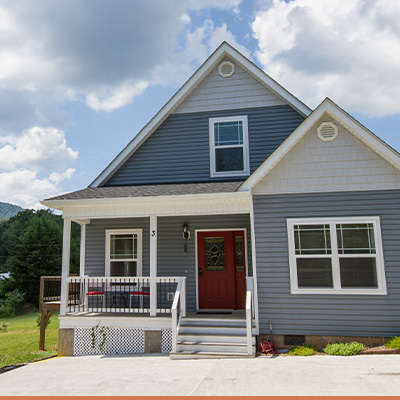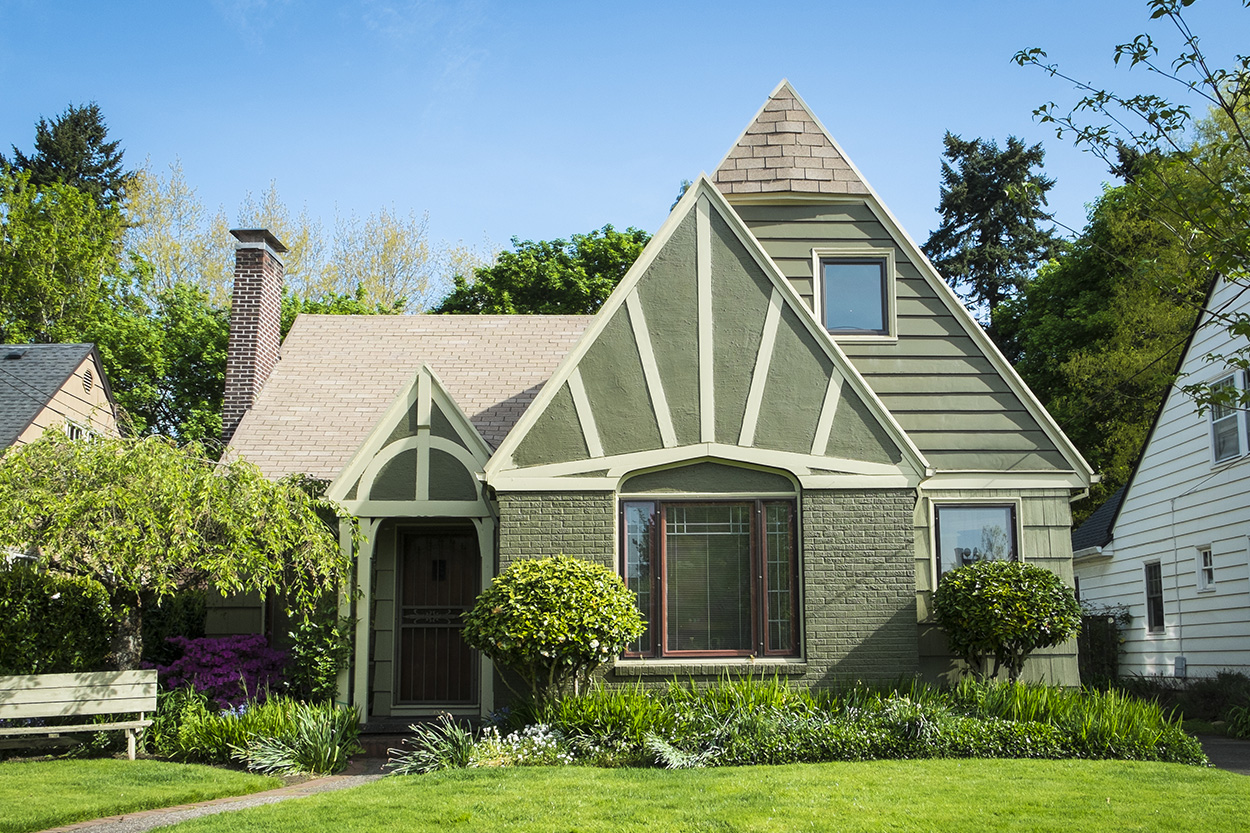How Much Does It Cost to Sell a House?

Key takeaways:
- Selling a home can cost up to 8-10% of its total sale price.
- There are upfront costs that might be pressing (like renovations and real estate agent fees), less obvious costs (like professional photography), as well as costs due at closing.
- What you’ll end up spending depends on how much work you put into the house, where you’re selling it, and whether or not you use a realtor.
How Much Does It Cost to Sell a House?

If you’re selling your home, you probably have grand plans to reinvest your profit in a bigger house, the stock market, or another lucrative venture. But how much will you actually make once the sale is final?
There are numerous fixed costs associated with selling a house. While you can sell your house as-is, you’ll likely want to make improvements to garner the highest selling price possible. In addition, realtors take a commission. Finally, there are fixed fees at closing.
All of this can add up to around 8-10% of your home’s sale price. That could mean the cost of selling a house is $20,000 for a $200,000 sale.
Yikes! You might think. Is there a way to avoid that?
In this short guide, we’ll explain the various costs associated with selling a house so that you know what to expect at the end of your sale.
Upfront Expenses Before the Sale
Before you put your home on the market, you’ll need to take a few steps to make sure it attracts prospective buyers. We’ve all seen real estate listings with piles of clothes, peeling wallpaper, and rooms in disrepair. Needless to say, these tend to sell for less than move-in-ready properties.
Let’s run through the out-of-pocket expenses you can expect to pay before your listing goes live.
Home Renovations and Cleaning

You probably won’t undertake a major remodel before selling your home—but at the very least, you’ll want to give it a quick facelift with the following services:
- Repainting (all or most rooms)
- Carpet cleaning
- Window cleaning
- New landscaping
In some cases, you could take on a few DIY home renovation projects, like replacing peeling linoleum flooring with peel-and-stick tiles or repainting your cabinets to refresh your kitchen’s appearance.
Be aware, you may also need to make major, necessary repairs.
But, what if you don’t want to spring for a new roof?
- In a hot market (aka a “seller’s market), you could list your home “as-is,” signaling that the potential buyer will be responsible for all repairs. Be prepared for the buyer to eventually lower their offer if the home inspection reveals costly issues.
- In a slow-moving or weak real estate market, a necessary repair could even lead the potential buyer to walk away.
Staging and Photography
Once you’ve made all repairs and renovations, it’s time to get your home ready for the photographs that will appear in the listing, not to mention the walk-through visits that will soon be scheduled.
If you’re working with a realtor, they’ll tell you that professional photos are a non-negotiable. Hiring a staging professional can also help make sure your home is presented in the best possible light.
Expenses Due at Closing
While some of your expenses are upfront, the bulk of them are due at closing—the day when you sign over your property rights and collect your check.
In most cases, these costs will be deducted from the check you receive from the buyer (or their bank). Then, your lawyer will use them to pay off any and all debts.
That means that if you sell your home for $200,000, you might only receive a check for $180,000 after closing costs. And that’s assuming you own the home outright without a balance due on your mortgage.
Where does all that money go? Let’s take a look.
Realtor’s Commissions
We already noted that most homeowners give up 8-10% of their total selling price. The bulk of that cost goes to realtor commissions.
How much are realtor fees?
- Realtor commissions will usually total 6%, or $12,000 on a $200,000 sale
- The house seller usually pays the commission for their realtor and the buyer’s agent, with each party receiving 3% of the total sales price.
If you skip using a realtor, you’ll still incur costs paying for the MLS listing, finding a suitable attorney to write the contract, and completing all the other tasks a realtor would usually do for you. In addition, you’ll probably still have to pay the commission for your buyer’s real estate agent (around 3%).
Other Costs
What makes up the extra 2-4% most sellers pay to sell their homes? Many of these are the fixed administrative costs of making a sale in your particular state and municipality. Others are negotiated with the buyer.
Examples of additional costs include:
- Attorney’s fees
- Title transfer tax
- Escrow fees
- Property taxes up to the date of closing
You may also make concessions to the buyer. For example, to make sure the sale goes through, you could choose to cover some of their future repairs.
Understanding What You’ll Actually Make
As you can see, there are numerous costs associated with selling a home. Beyond the above, keep in mind that you may still have money due on your mortgage.
Let’s take a look at a potential scenario:
- You purchased a home and took out a mortgage for $150,000
- At the date of your sale, you have paid off $50,000 (plus interest), and still owe $100,000
- You sell the home for $200,000
- Your closing costs total $20,000
How much would you actually make by the end of this?
The answer in this case is calculated as follows:
- (sale price – mortgage balance owed) – closing costs = final profit
- $200,000 – $100,000 – $20,000 = $80,000
That may not be enough to buy your next home in cash—but it could definitely cover your down payment and then some!
Another piece of good news? You’d also be exempt from the capital gains tax, the tax that the federal government uses to tax gains on investments that you’ve held for more than a year. Real estate transactions are exempt from such taxes up to:
- $250,000 for single persons
- $500,000 for married couples filing jointly
Selling Your First Home
It can be difficult to say goodbye to your first house. After investing in a property and making it a home, it’s emotional to move on. Beyond the emotional difficulty is the reality that selling a house requires financial investment, too.
However, it’s important to look on the bright side.
All the hard work and money that you put into selling a house can help you reap rewards, including the money you need to make your next big dream come true.






